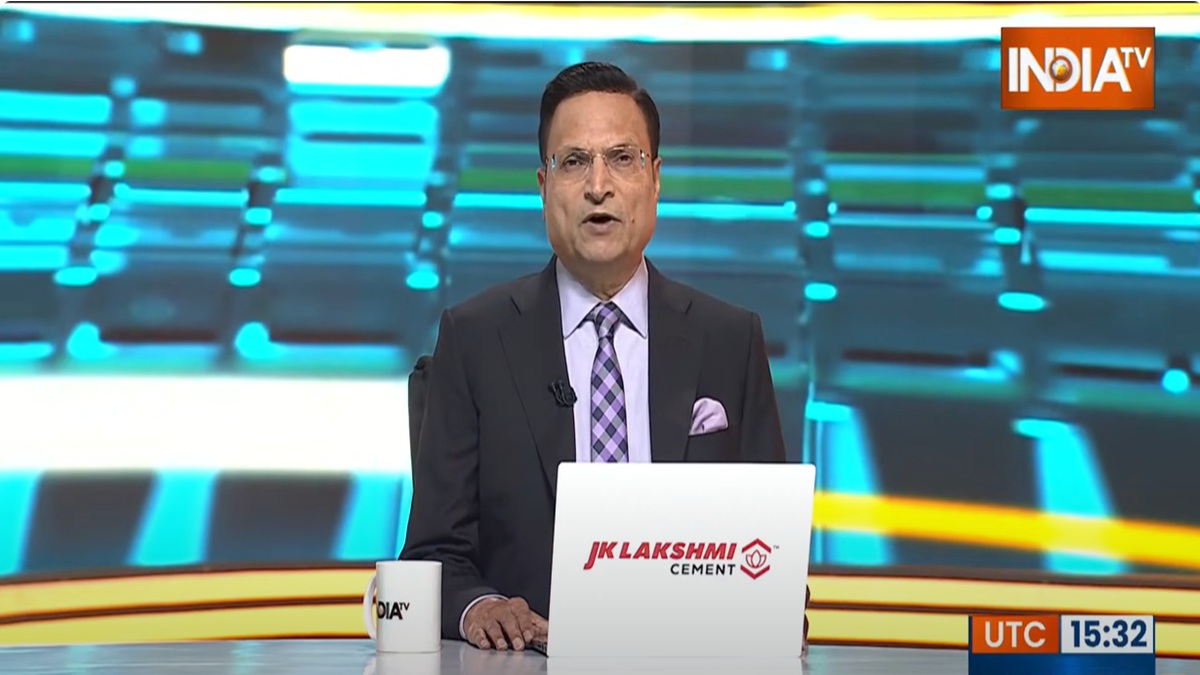 |
|
The article presents a disturbing account of vigilante justice in Karnataka, intertwined with legal proceedings concerning prominent political figures and developments in Bihar's political landscape. The initial focus is on the brutal assault of a Muslim woman in Davangere, Karnataka. The attackers, motivated by a skewed interpretation of Sharia law, subjected her to violence for the perceived transgression of inviting a male friend to her home in the absence of her husband. This act of barbarity, reminiscent of the Taliban's oppressive regime in Afghanistan, raises profound questions about the state of religious fundamentalism in India and the extent to which it undermines the rule of law. The swift response of the Davangere police in apprehending six of the perpetrators is commendable, but the article emphasizes the critical need to identify and prosecute all individuals involved in the mob violence. Stringent punishment for these offenders is essential to deter similar acts and reinforce the principle that no religious belief justifies the violation of human rights and the commission of criminal acts. The incident serves as a stark reminder of the dangers posed by extremist ideologies and the importance of upholding a secular and just legal system. It underscores the urgent need for societal introspection and a concerted effort to combat religious intolerance and violence. The assault also highlights the vulnerability of women in patriarchal societies where they are often subjected to arbitrary rules and punishments based on religious interpretations. The article calls for a comprehensive approach that includes legal action, education, and social reforms to ensure the safety and dignity of all citizens, regardless of their gender or religious affiliation.
The narrative then shifts to the legal troubles facing Sonia Gandhi and Rahul Gandhi in the National Herald money laundering case. The Enforcement Directorate (ED) has filed a chargesheet accusing them, along with other prominent Congress leaders, of acquiring assets worth Rs 2,000 crore through the Young Indian company. The charges include income tax evasion of Rs 440 crore. The ED alleges that a conspiracy was hatched to acquire the National Herald's assets using a Rs 90 crore loan from the Congress party. This loan was subsequently converted into 9 crore shares given to Young Indian, owned by Sonia and Rahul Gandhi, in exchange for a mere Rs 50 lakhs paid to the Congress party. The ED's chargesheet paints a picture of a deliberate scheme to misappropriate valuable assets for personal gain. The Congress party vehemently denies these allegations, claiming that Young Indian is a non-profit company established to manage the properties of National Herald and that Sonia and Rahul Gandhi did not derive any financial profit from the transaction. They argue that the company was floated to save the National Herald newspaper, founded by Jawaharlal Nehru. However, the fact that the newspaper ceased publication in 2008 raises questions about the true purpose of Young Indian. The legal proceedings promise to be complex and politically charged, with significant implications for the Congress party and its leadership. The outcome will depend on the evidence presented by both sides and the interpretation of the law by the courts. The case also raises broader questions about transparency and accountability in political funding and asset management.
The final segment of the article touches upon the political dynamics in Bihar, focusing on the upcoming assembly polls and the rivalry between Tejashwi Yadav and Nitish Kumar. RJD leader Tejashwi Yadav met with Congress president Mallikarjun Kharge and Rahul Gandhi to discuss seat allocation for the polls and his potential candidacy for Chief Minister. It was decided to form a committee to finalize seat allocation, but the selection of the Chief Minister will be made after the election results are announced. Meanwhile, Bihar CM Nitish Kumar's son, Nishant Kumar, stated that his father would be the NDA's CM candidate, dismissing concerns about his health. The article highlights the uncertainty surrounding Nitish Kumar's health and the potential emergence of his son as a political contender, although Nishant Kumar has yet to enter active politics. The political landscape in Bihar is characterized by shifting alliances and intense competition between the RJD-led Mahagathbandhan and the NDA. The outcome of the upcoming elections will depend on a variety of factors, including caste dynamics, economic issues, and the leadership qualities of the competing candidates. The article concludes by raising the question of whether Tejashwi Yadav and Nitish Kumar will lead their respective alliances, suggesting that the political scenario in Bihar remains fluid and unpredictable. The interplay of these distinct narratives – the brutal violence in Karnataka, the legal battles of the Gandhi family, and the political maneuvering in Bihar – offers a snapshot of the complex and often turbulent realities of contemporary India.
Source: OPINION | Taliban in Karnataka: Culprits must be punished
